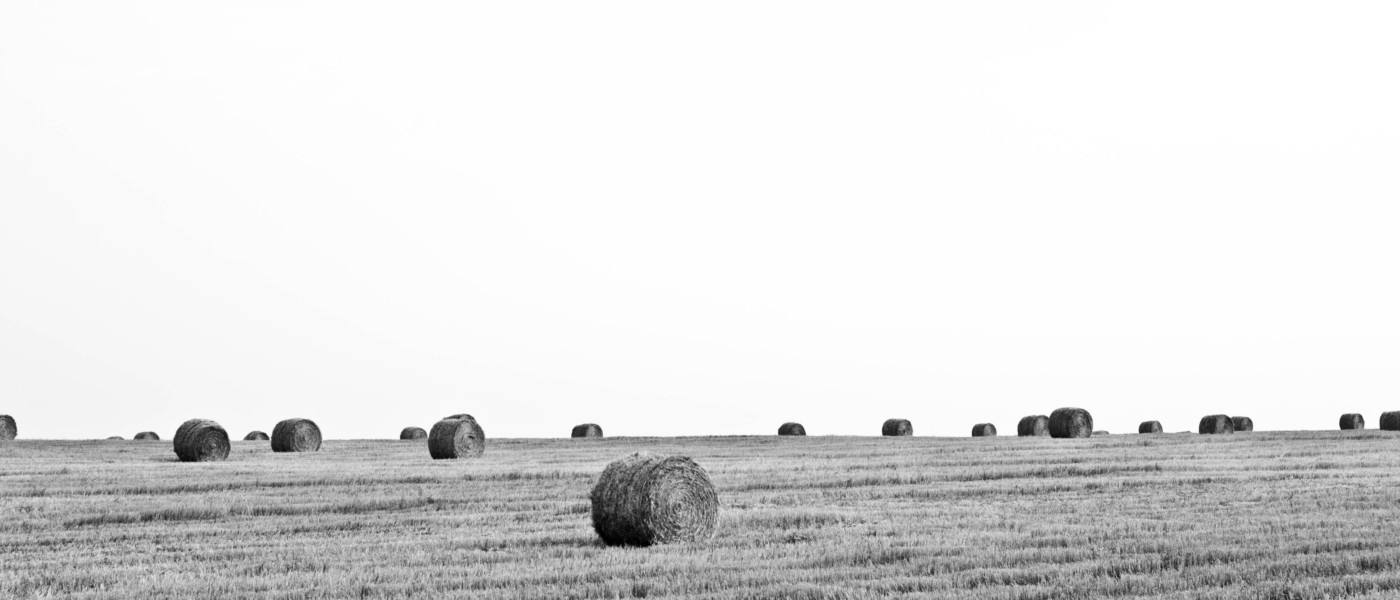On December 6, 2017, The Guardian published this important story. It’s a very difficult read, but it is one that is so crucial for all of us who eat to understand. The issue of suicide by farmers is very tied to Farm Aid’s history, and unfortunately, to our present day, as we continue to hear from farmers on our hotline who are in dire situations. We invite you to read an excerpt below and click here to read the full piece on The Guardian.
Why are America’s farmers killing themselves in record numbers?
The suicide rate for farmers is more than double that of veterans. Former farmer Debbie Weingarten gives an insider’s perspective on farm life – and how to help
It is dark in the workshop, but what light there is streams in patches through the windows. Cobwebs coat the wrenches, the cans of spray paint and the rungs of an old wooden chair where Matt Peters used to sit. A stereo plays country music, left on by the renter who now uses the shop.
“It smells so good in here,” I say. “Like …”
“Men, working,” finishes Ginnie Peters.
We inhale. “Yes.”
Ginnie pauses at the desk where she found her husband Matt’s letter on the night he died.
“My dearest love,” it began, and continued for pages. “I have torment in my head.”
On the morning of his last day, 12 May 2011, Matt stood in the kitchen of their farmhouse.
“I can’t think,” he told Ginnie. “I feel paralyzed.”
It was planting season, and stress was high. Matt worried about the weather and worked around the clock to get his crop in the ground on time. He hadn’t slept in three nights and was struggling to make decisions.
“I remember thinking ‘I wish I could pick you up and put you in the car like you do with a child,’” Ginnie says. “And then I remember thinking … and take you where? Who can help me with this? I felt so alone.”
Ginnie felt an “oppressive sense of dread” that intensified as the day wore on. At dinnertime, his truck was gone and Matt wasn’t answering his phone. It was dark when she found the letter. “I just knew,” Ginnie says. She called 911 immediately, but by the time the authorities located his truck, Matt had taken his life.
Ginnie describes her husband as strong and determined, funny and loving. They raised two children together. He would burst through the door singing the Mighty Mouse song – “Here I come to save the day!” – and make everyone laugh. He embraced new ideas and was progressive in his farming practices, one of the first in his county to practice no-till, a farming method that does not disturb the soil. “In everything he did, he wanted to be a giver and not a taker,” she says.
After his death, Ginnie began combing through Matt’s things. “Every scrap of paper, everything I could find that would make sense of what had happened.” His phone records showed a 20-minute phone call to an unfamiliar number on the afternoon he died.
When she dialed the number, Dr Mike Rosmann answered.
“My name is Virginia Peters,” she said. “My husband died of suicide on May 12th.”
There was a pause on the line.
“I have been so worried,” said Rosmann. “Mrs Peters, I am so glad you called me.”
Rosmann, an Iowa farmer, is a psychologist and one of the nation’s leading farmer behavioral health experts. He often answers phone calls from those in crisis. And for 40 years, he has worked to understand why farmers take their lives at such alarming rates – currently, higher rates than any other occupation in the United States.
Once upon a time, I was a vegetable farmer in Arizona. And I, too, called Rosmann. I was depressed, unhappily married, a new mom, overwhelmed by the kind of large debt typical for a farm operation.
We were growing food, but couldn’t afford to buy it. We worked 80 hours a week, but we couldn’t afford to see a dentist, let alone a therapist. I remember panic when a late freeze threatened our crop, the constant fights about money, the way light swept across the walls on the days I could not force myself to get out of bed.
“Farming has always been a stressful occupation because many of the factors that affect agricultural production are largely beyond the control of the producers,” wrote Rosmann in the journal Behavioral Healthcare. “The emotional wellbeing of family farmers and ranchers is intimately intertwined with these changes.”
Further Reading
The Guardian has published a follow-up article called “Is help finally at hand for suicide crisis on America’s farms?”



